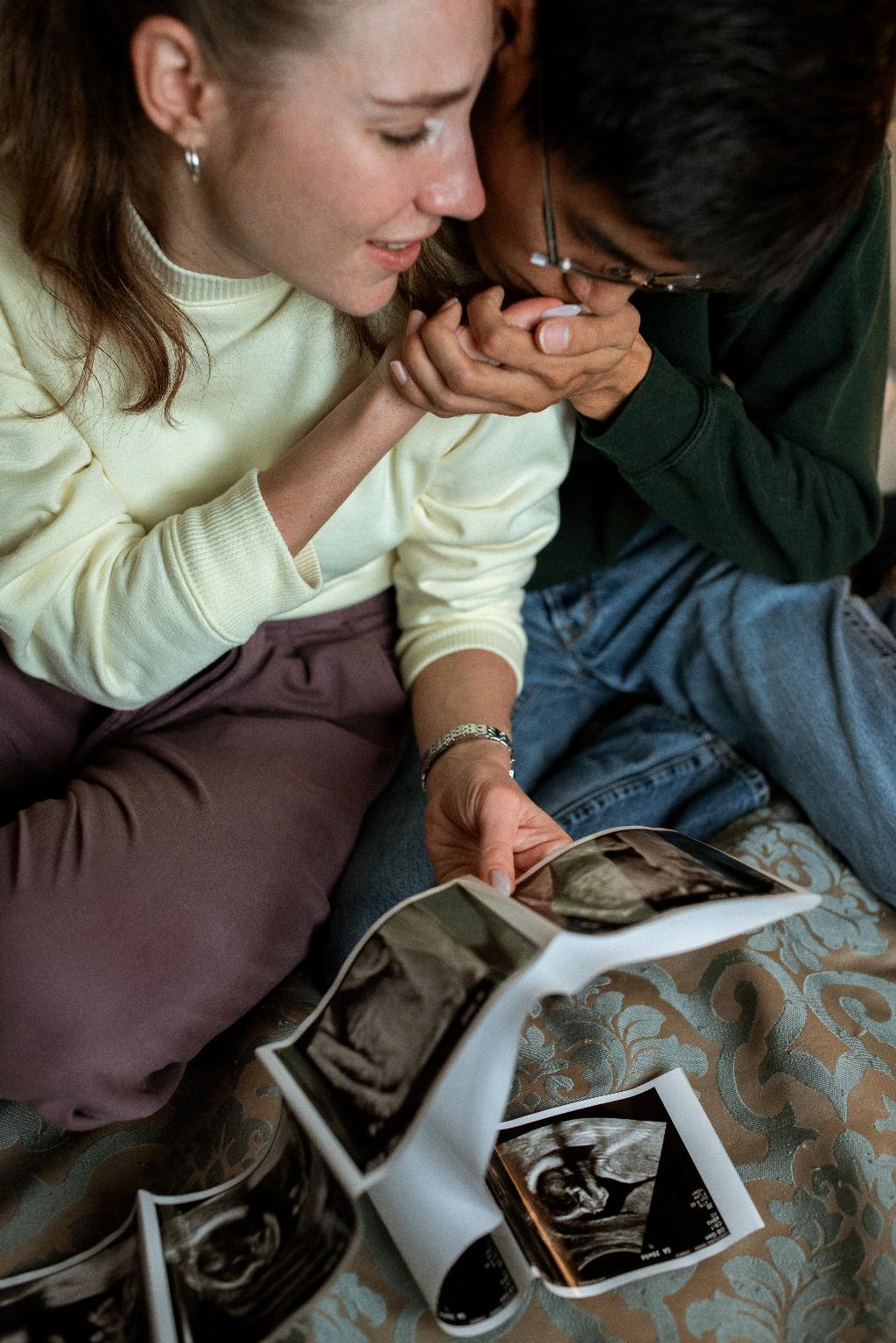After undergoing in vitro fertilization (IVF), many individuals are understandably eager to know when it is considered safe for the pregnancy to progress without a heightened risk of complications. Research has shown that reaching the 12-week mark in a pregnancy following IVF is a significant milestone. This is a point at which the pregnancy is deemed to be relatively stable, with a notable reduction in the chances of miscarriage.
At the outset of an IVF pregnancy, there may be understandable concerns about the health and viability of the pregnancy. This is especially true given the emotional and financial investment that individuals and couples often make in the IVF process. However, studies have consistently shown that the risk of complications significantly decreases after the first trimester, particularly after 12 weeks of gestation.
It is important to note that the 12-week mark is not an arbitrary threshold. By this stage, the pregnancy has typically progressed sufficiently for key developmental milestones to have been met. The risk of miscarriage, which is naturally a significant concern for many individuals, is notably reduced after this point. As such, many healthcare providers consider pregnancies after 12 weeks to be at a lower risk of complications.
Furthermore, by the end of the first trimester, the placenta is usually fully developed. The placenta plays a crucial role in supporting the pregnancy by providing vital nutrients and oxygen to the growing fetus. A well-developed placenta is essential for the overall health and well-being of both the mother and the baby. The completion of this developmental process by 12 weeks is another reason why this stage is often seen as a turning point in the pregnancy.
Many individuals who have undergone IVF may have experienced challenges with fertility or pregnancy in the past. As a result, the reassurance that comes with reaching the 12-week mark can be particularly meaningful. It signifies a milestone in the journey towards parenthood and offers hope for a healthy and successful pregnancy moving forward.
While every pregnancy is unique and individual circumstances can vary, the general consensus among healthcare professionals is that pregnancies following IVF become safer after the 12-week stage. This is not to say that risks are completely eliminated, as no pregnancy is without some level of uncertainty. However, reaching this point is typically associated with a lower likelihood of complications compared to earlier stages of gestation.
It is worth noting that the emotional aspect of pregnancy after IVF should not be overlooked. The journey to conception through assisted reproductive technologies can be a challenging one, both physically and emotionally. Reaching the 12-week milestone can bring a sense of relief and joy, as it marks a transition towards a more stable and secure phase of pregnancy.
Healthcare providers often recommend routine prenatal care starting from the early stages of pregnancy. Regular check-ups, screenings, and monitoring play a crucial role in ensuring the ongoing health and well-being of both the mother and the developing fetus. These measures are particularly important for pregnancies following IVF, given the unique circumstances involved.
For individuals who have undergone IVF, the journey towards parenthood is often characterized by a mix of hope, uncertainty, and resilience. The safety of the pregnancy after IVF is a key consideration, and reaching the 12-week milestone is a significant step in this regard. While challenges may still arise, the transition into the second trimester is generally associated with a decreased risk of complications.
In conclusion, the safety of a pregnancy after IVF is a complex and multifaceted issue. While no pregnancy can be guaranteed to be entirely risk-free, reaching the 12-week mark is generally considered a positive indication of the pregnancy’s progression. This milestone represents a turning point in terms of stability and reduced risk, offering reassurance to individuals and couples embarking on the journey of parenthood following IVF.

